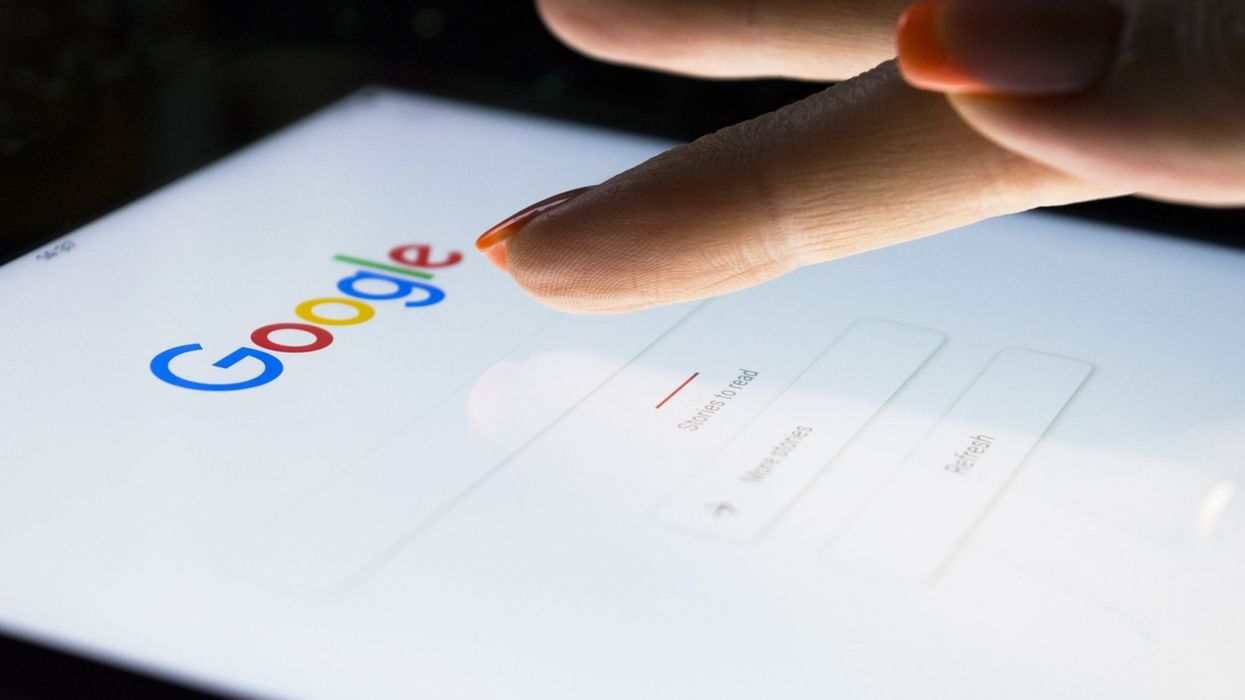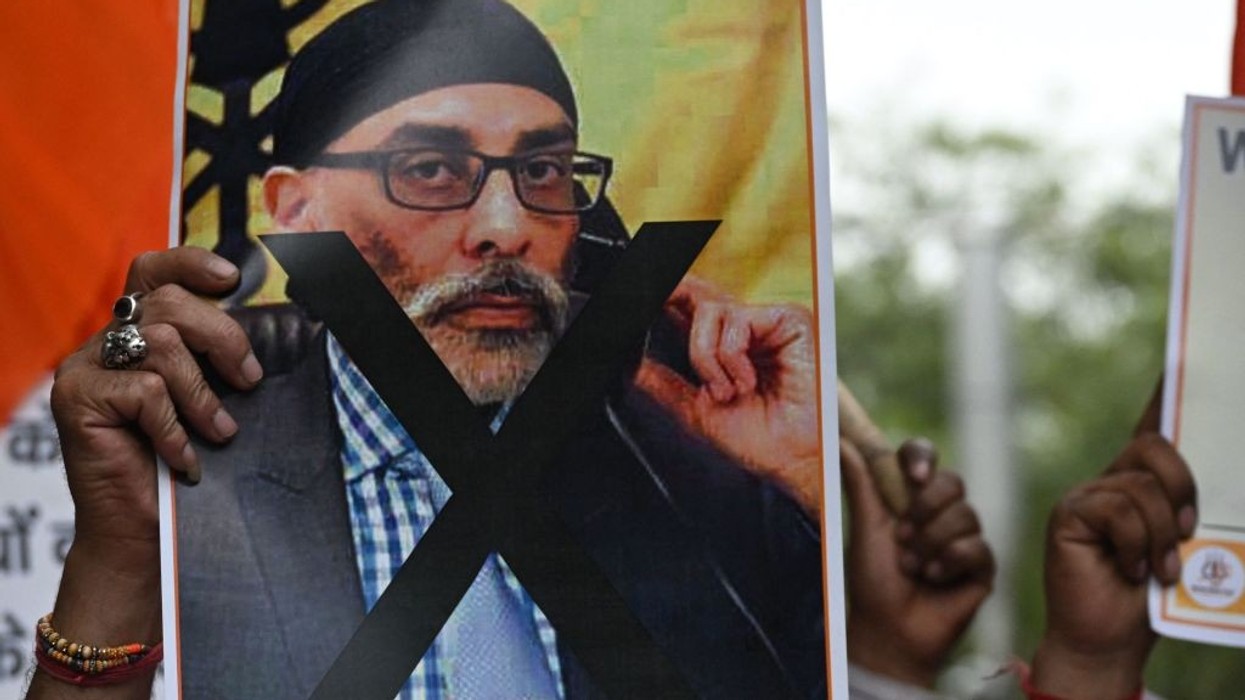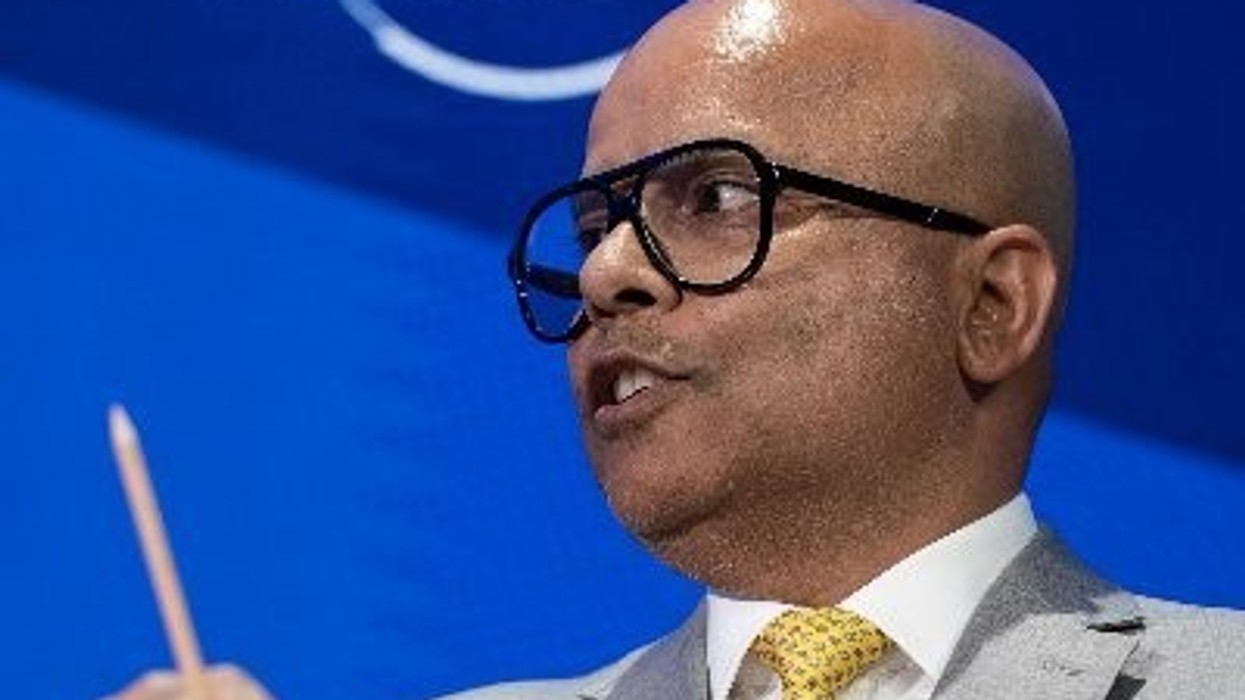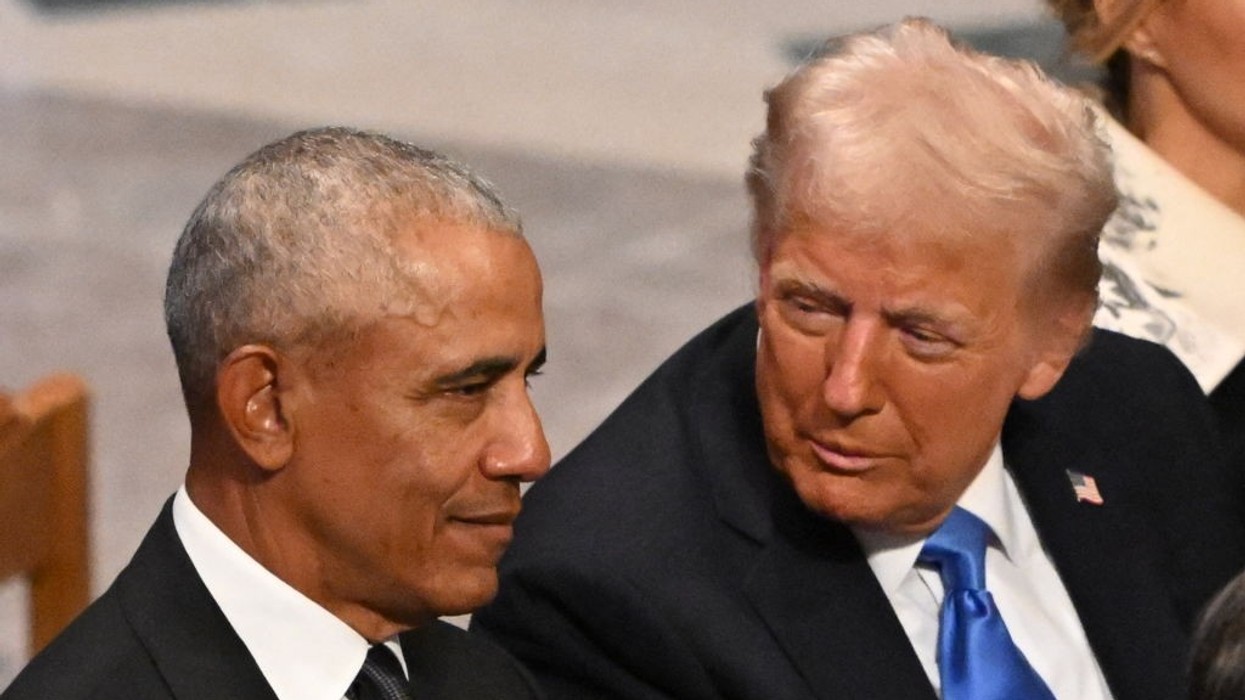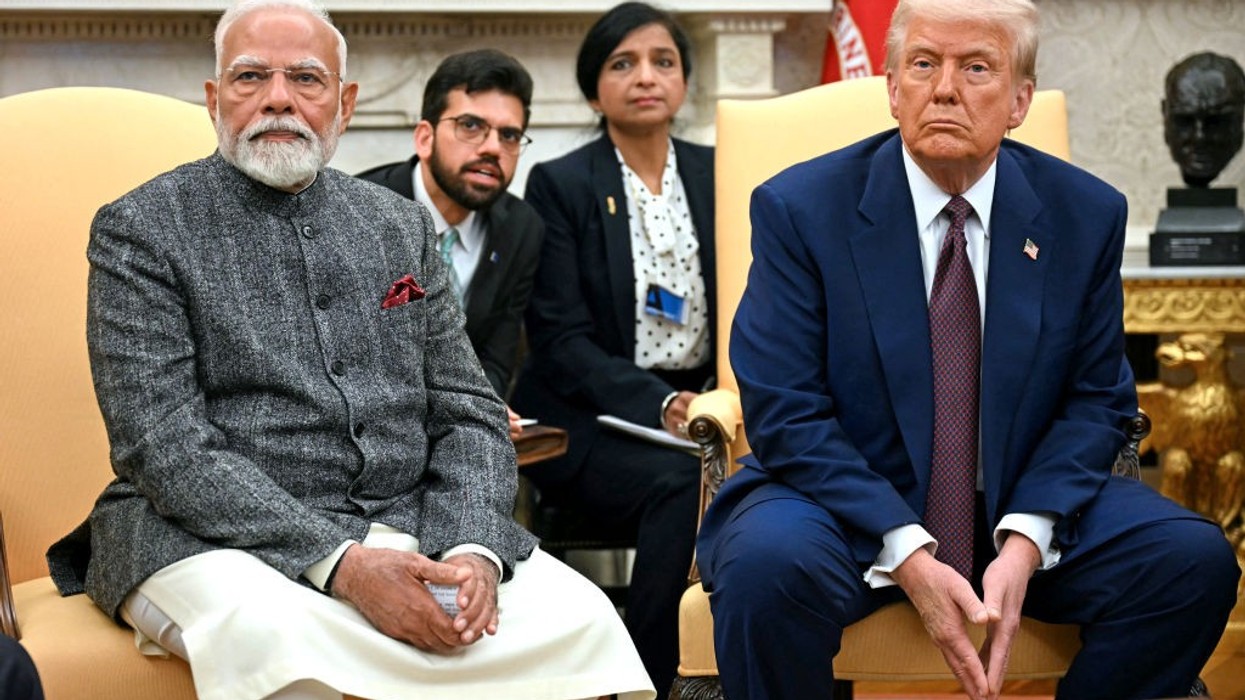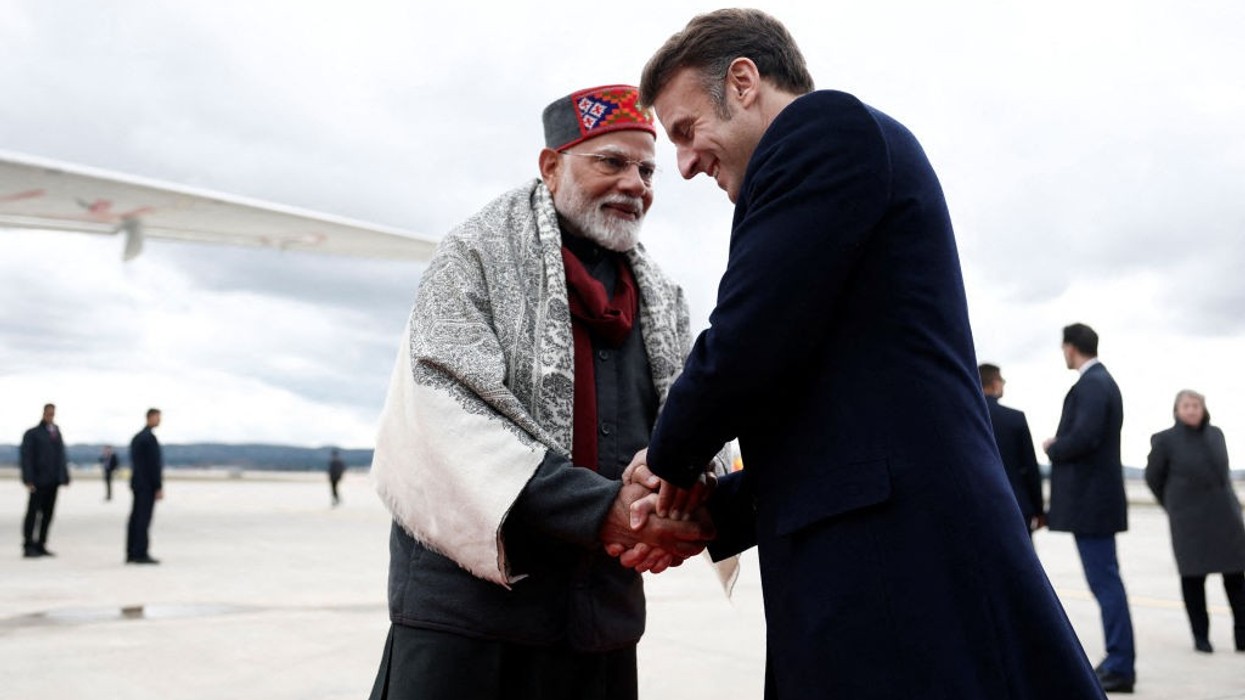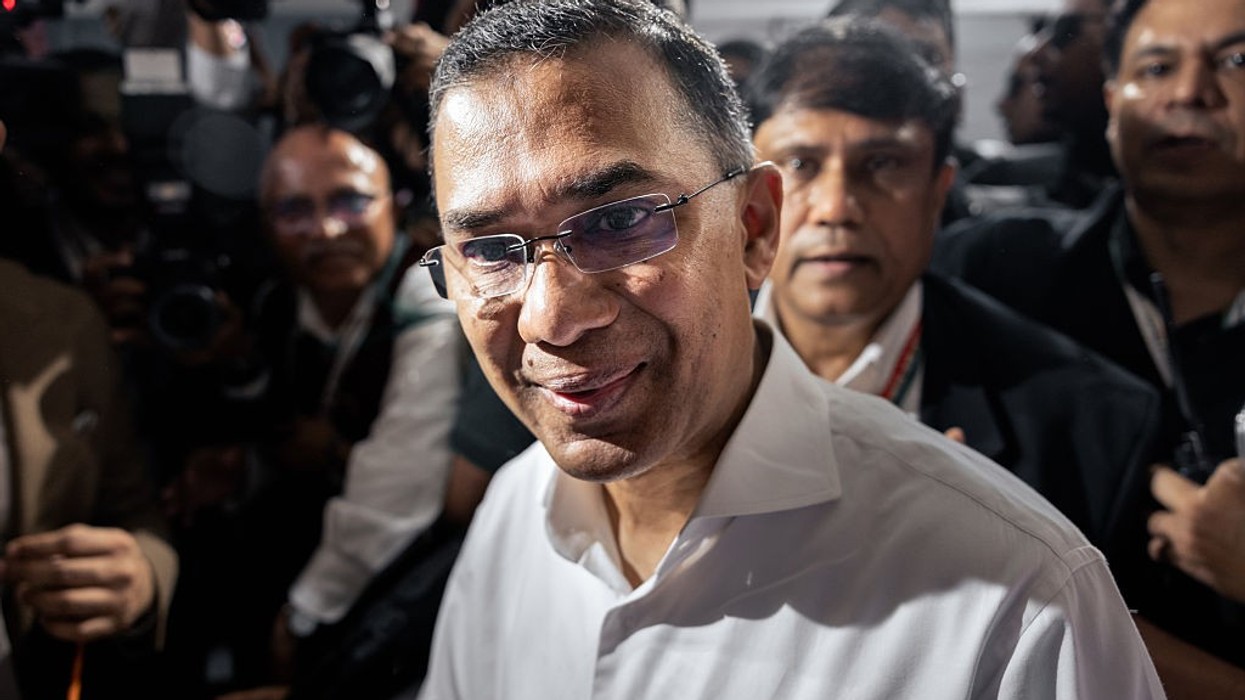An Indian woman’s emotional account of overcoming ridicule in a job interview and later landing a coveted position at Google has touched thousands across social media. The story, shared by Arpita, captured widespread attention after she revealed how an interviewer’s condescending remarks only served to inspire her journey toward success.
The interview that sparked outrage
Recounting her experience on X (formerly Twitter), Arpita described how she appeared for a system design interview at a mid-level startup. The session quickly became grueling as the interviewer pushed her through a barrage of challenging questions—designing infrastructure, estimating CPU costs, and tackling almost every technical detail except, as she jested, “physically building the data centre.”
The ordeal, however, took a sour turn when Arpita found herself struggling with some responses. Rather than offer constructive feedback or encouragement, the interviewer reportedly smirked and dismissed her capabilities, saying, “This is why people like you won’t make it to big companies like Google, Meta.” The remark, rooted in arrogance and dismissal, could have deterred many—but not Arpita.
Proving the doubters wrong
Determined not to be defined by a single negative encounter, Arpita set out to prove her detractors wrong. Fast forward to the present, and she now works at Google—one of the very companies the interviewer believed she’d never reach. Her professional journey also includes stints at leading organizations like Myntra and Microsoft, according to her X bio.
Reflecting on her story, Arpita wrote, “Not bragging—just wondering why some folks gatekeep based on their own insecurities.” By sharing her experience, she exposed a toxic mindset that persists in recruitment and workplace culture and provided a powerful example of resilience.
Viral reactions and support
Arpita’s post instantly struck a chord, resonating with those who have faced similar indignities in their career journeys. One commenter praised her, declaring, “Great story. Success is the best revenge. Keep going.” Others chimed in to express their own views on what makes for effective interviews, emphasizing empathy, curiosity, and the importance of learning from each candidate.
Another user highlighted, “Absolutely weird. When I take interviews, I usually try to do them in a way that shows how much I can learn from the other person.” The incident also reignited conversations about toxic interview culture, where judgment in a brief meeting often overlooks potential and ambition.
Lessons for interviewers and job seekers
Many respondents used the opportunity to condemn the attitudes of some interviewers whose judgments are clouded by bias or insecurity. “Most interviewers see attitude and eagerness to learn—you cannot judge a person wholly in those 10-15 minutes,” commented another. The discussion encouraged companies to rethink their approach to recruitment, focusing on growth potential rather than merely a candidate’s immediate performance under pressure.
Others playfully suggested poetic justice, with one saying, “I think in later stages you will get the chance to interview that interviewer in future, that's how the world works.”
Turning negativity into motivation
Arpita’s experience serves as an inspiration to job seekers everywhere, highlighting the importance of perseverance, self-belief, and not letting others’ doubts define one’s path. Her viral story not only celebrates personal triumph but also calls for greater empathy and fairness in the hiring process—an issue that resonates far beyond her own journey.
